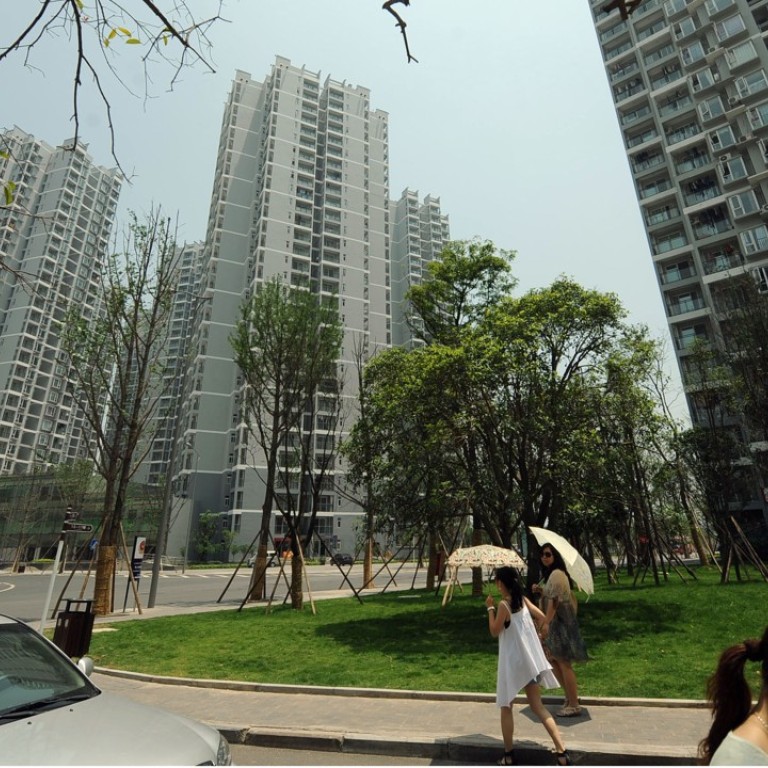
China’s securities regulator fast tracks rented-flat-backed securities
Poly Real Estate granted US$754 million quota for the sale of securities backed by its rented flats portfolio, by Shanghai Stock Exchange
China’s securities regulator looks like accelerating its approval of rented-flat-backed securities, with a new product by a major developer given the go-ahead on Monday just 10 days after another by a leading flat operator was shown the green light.
Poly Real Estate, the mainland’s fourth largest developer by sale value, has been offered a 5 billion yuan (US$754 million) quota for the sale of securities backed by its rented flats portfolio by the Shanghai Stock Exchange.
It’s the first asset-backed security (ABS) issued by a major developer since Beijing condominium operator CYPA won approval for a 270-million-yuan issuance on October 13.
Over the past two years, The China Securities Regulatory Commission (CSRC) has approved a number of similar asset-based securities, which offer firms an alternative financing method to bank loans or bond sales – but residential property-linked products are rare.

“The CYPA deal was largely symbolic because condo operators hold small amounts of rental properties. The Poly product is really something, because such developers have large quantities of leasable properties,” said Jin Wei, an investment banker with Huafu Securities, who specialises in ABS.
“You can see the difference through the issuance amount.”
He said there is now believed to be a pipeline of rental-focused, asset-backed securities being prepared for CSRC approval, with the biggest developers expected to lead the way.
Under Chinese government property sale restrictions, some properties built by developers cannot be sold, and instead have to be rented.
But rental yields are low compared with skyrocketing asset values, and many developers are yearning for different kinds of financing models, such as ABS, to generate cash from their investments.
Poly cited an unnamed Shanghai Stock Exchange official as saying the clearing of such products could solve the cash flow worries of many real estate firms, and boost further investment in the flagging residential leasing market.
The Chinese government has been looking at ways of kick-starting the country’s residential rental market over the past couple of months, within a wider bid to rein in runaway home sale prices.
An ABS also offers an alternative to creating a real estate investment trust (reit), a popular financing tool in some developed markets. Reits differ from an ABS in that they are securitised on the equity of underlying properties, rather than the debt carried by those assets.
Joe Zhou, head of research at JLL China, however, said over the short-to-medium-term, reits are unlikely to develop in China, even if policymakers loosen regulations or provide tax preferences to investors. “Low rental yields are their biggest barrier,” he added.
But according to a report last month in the Economic Information Daily, a Xinhua-affiliated publication, the regulator is drafting rules for China’s first rental property-backed reits to be offered to retail investors.

